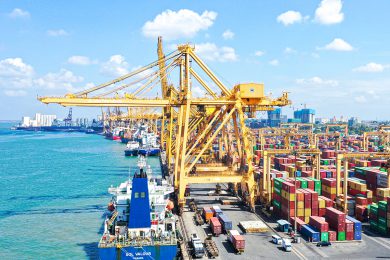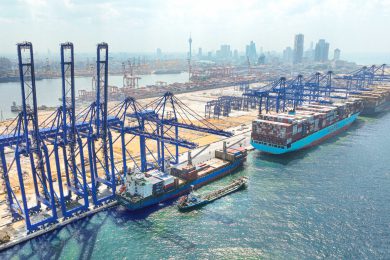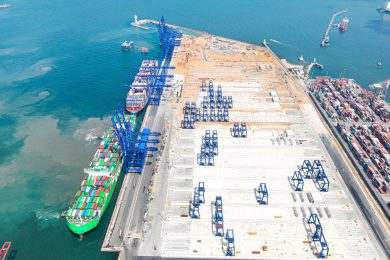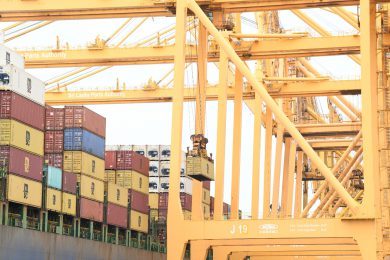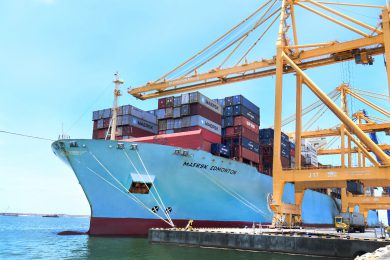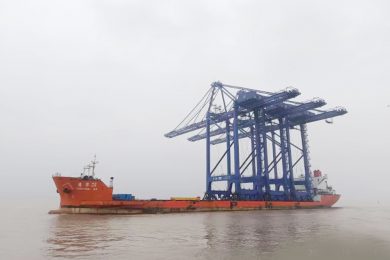Industry expert calls for a shift from “data hoarding” to intelligent maritime data use for operational and environmental gains
The shipping industry is swimming in data — and that might be its biggest problem. In a thought-provoking analysis published by Ship Technology, Giampiero Soncini, Managing Director at Oceanly, argues that the maritime sector needs better data, not more of it.
“Collecting maritime data just to compile a monthly report that no one reads defeats the purpose entirely,” Soncini states bluntly. Instead, he calls for a shift toward high-quality, relevant, and actionable information that enables smarter decisions and operational improvements in real time.
From digital revolution to data overload
Since the 1980s, shipping has seen a digital transformation with onboard systems collecting everything from maintenance logs to crew activity. But according to Soncini, most companies failed to leverage this data due to two persistent issues: lack of standardisation and insufficient data management expertise.
“Even today, many companies collect vast amounts of inconsistent, unvalidated data without a clear plan for usage,” Soncini notes. This not only overwhelms operators but also obscures the very insights that could drive safety, efficiency, and sustainability.
More data ≠ better decisions
The industry’s “collect everything” mindset mirrors a broader global trend that treats data as a resource to be hoarded. But Soncini warns that this often leads to inefficiencies, increased storage costs, and missed opportunities. The real value, he insists, lies not in the volume of data, but in its accuracy, structure, and application.
Actionable insights — not monthly summaries — should be the goal of maritime analytics. “Finding out a month later that a vessel exceeded emissions limits or burned too much fuel is too late,” Soncini argues. “We need systems that deliver real-time insights and enable immediate course correction.”
Smarter tools, sharper strategies
To achieve this, the industry must embrace automated data processing, AI, and machine learning — not just more sensors. These tools can sift through data to flag anomalies, predict equipment failures, and optimise route planning and fuel consumption.
For example, advanced analytics can proactively adjust ship speeds or recommend optimal fuel blends to meet emissions standards, rather than tracking performance after the fact. This approach allows for active intervention, not just passive monitoring.
“Efficiency and sustainability are the true engines of profitability,” Soncini emphasizes. And data, when used wisely, is a powerful lever for both.
Data intelligence for competitive advantage
Properly leveraged, data-driven insights enable predictive maintenance, targeted fleet upgrades, and strategic deployment — all of which cut costs and improve reliability. These improvements can deliver benefits on par with those promised by alternative fuels, without requiring costly overhauls.
AI can also help decouple maintenance from rigid schedules, ensuring vessels are only serviced when needed, reducing unnecessary downtime and costs. Meanwhile, real-time market intelligence can inform dynamic pricing and cargo allocation to improve ROI on each voyage.
“The future of shipping depends on how well companies can filter, analyse, and act upon the right data,” Soncini concludes.
A call for strategic transformation
Soncini’s message is clear: the maritime sector must evolve from passive data accumulation to active data intelligence. That means focusing on:
- Data quality over quantity
- Automation and AI for real-time insights
- Analytics that drive action, not just reports
Shipping companies that take this path will be better equipped to meet regulatory demands, improve environmental performance, and enhance profitability — all while sailing smarter, not harder.



